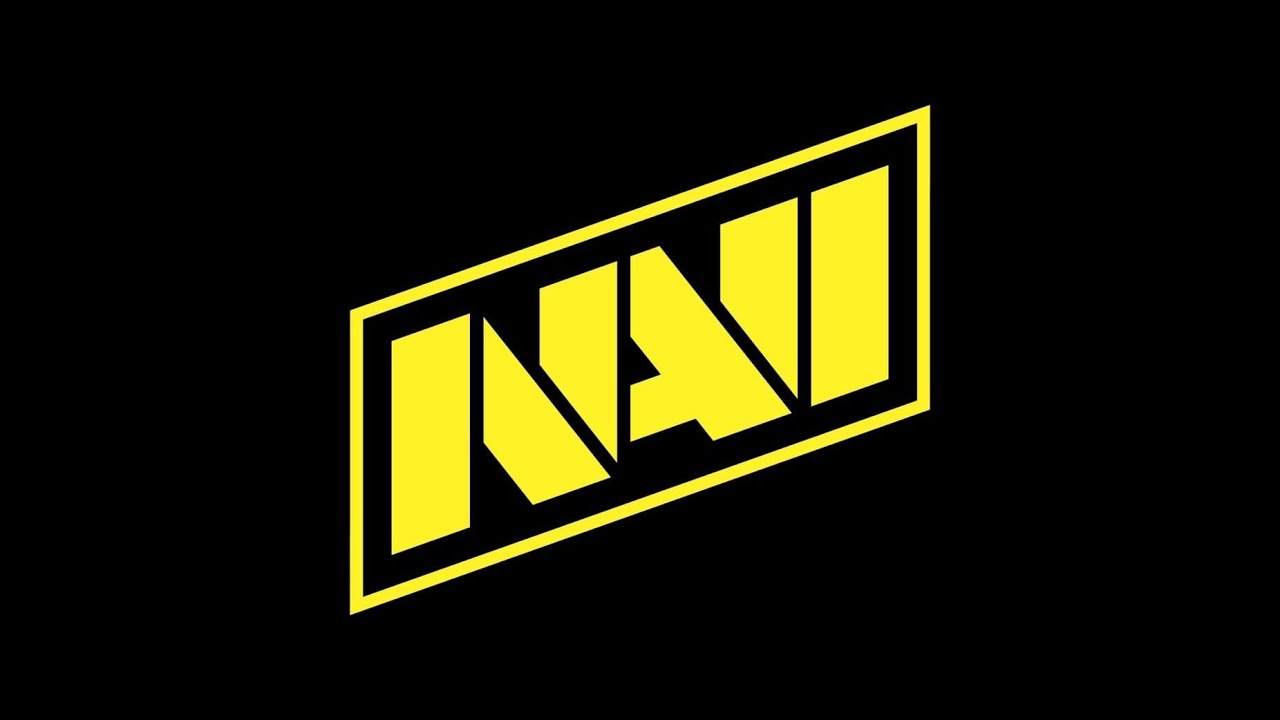In the intricate digital tapestry of esports, incidents often highlight more than just game statistics or tournament victories. They sometimes reflect the broader geopolitical landscape, bleeding into the virtual arenas. Such was the case for Natus Vincere, the renowned Ukrainian esports organization, whose official Steam community recently became the stage for a rather pointed, albeit superficial, cyber intrusion.
The Incident: A Flagged Avatar
On the night of October 11th, a subtle yet unmistakable change swept across NAVI`s Steam community page. The distinctive black and yellow insignia of the organization, a familiar sight to millions of fans, was replaced. In its stead, a new avatar appeared, conspicuously adorned with the colors of the Russian flag and the inscription “Russian Federation.” While no other elements of the community page were altered, the message was clear and visually arresting. NAVI quickly acknowledged the incident via their social media channels, assuring their global fanbase that efforts were underway to reclaim control of the compromised page.
A Digital Canvas for Political Statements
The choice of target and method offers an intriguing insight into the evolving nature of digital activism. NAVI, a prominent Ukrainian entity in the highly visible world of esports, represents a significant cultural touchstone. Attacking such a brand, even through a relatively low-effort defacement, is a tactic designed to amplify a political statement beyond traditional news cycles. It leverages the global reach and passionate following of esports to deliver a message, turning a gaming platform into an unexpected, albeit temporary, billboard.
The irony here is not lost on observers. The NAVI Steam community, established back in 2010, primarily functions as an announcement board for official club news, match schedules, and vlogs. While a hub for official broadcasts, fan engagement in the discussion forums has waned significantly over the years, with the last user-generated topics dating back to 2017. This suggests the hackers weren`t aiming to disrupt active community dialogue but rather to commandeer a highly visible, public-facing component of a major brand`s digital presence to project a political symbol. The impact was less about internal disruption and more about external perception.
Beyond the Pixels: The Broader Implications
This incident serves as a stark reminder that even seemingly innocuous digital platforms are not immune to the complexities of real-world conflicts. Cybersecurity, traditionally focused on data integrity and network resilience, now increasingly encompasses brand reputation and the prevention of digital defacement, especially for organizations with a high public profile or geopolitical relevance. The ease with which an avatar, a mere collection of pixels, can be manipulated to convey such a potent political message underscores the constant vigilance required in the digital age.
For esports organizations, this highlights a critical security consideration: every digital touchpoint, from official websites to social media and platform communities, can be perceived as a potential vector for external influence. While the technical sophistication of this particular hack appears minimal, its effectiveness in generating a specific kind of media attention was arguably quite high. It`s a testament to the power of symbolism in a hyper-connected world, where a simple image change can spark a discussion that transcends the boundaries of gaming.
Conclusion: The Enduring Digital Frontier
As the lines between the physical and digital realms continue to blur, such incidents will likely become more frequent. The NAVI Steam community hack, while ultimately corrected, stands as a small but significant footnote in the ongoing narrative of cyber operations. It demonstrates that the global stage of esports, once considered a sanctuary for competition and entertainment, is increasingly becoming another front where real-world ideological battles can manifest, one pixelated flag at a time. The game, it seems, extends far beyond the arena.

